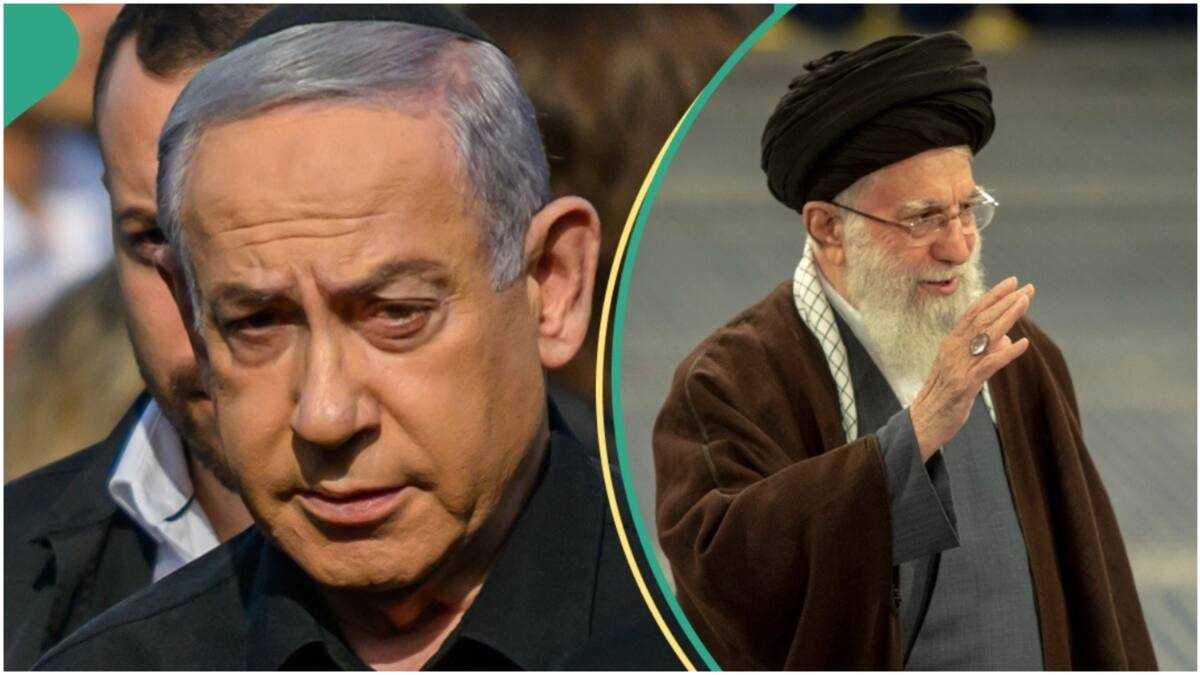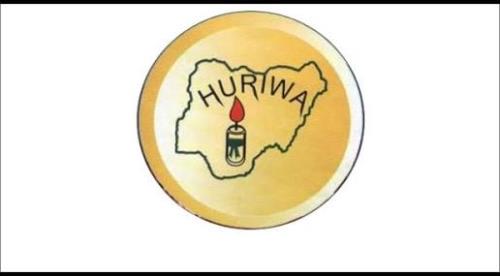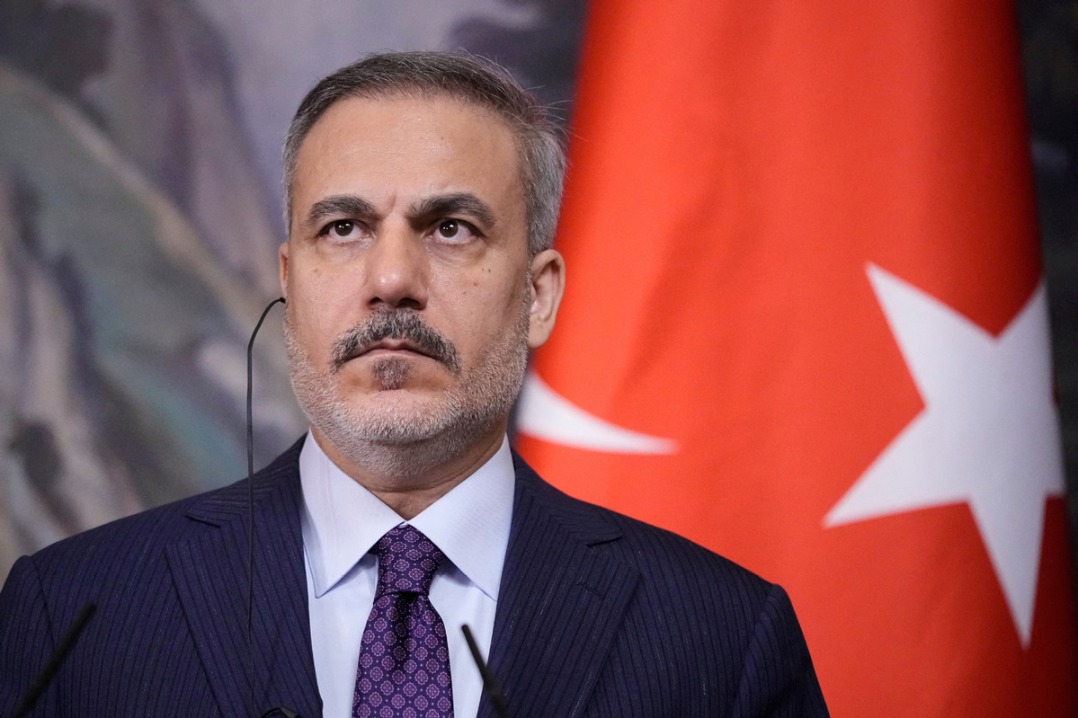Middle East Conflict & Israel-Iran Ceasefire

The Middle East has recently experienced a significant escalation of hostilities between Israel and Iran, with intense airstrikes and missile exchanges beginning around June 13. Reports indicated substantial casualties on both sides, with Iran's Health Ministry documenting hundreds of civilian deaths and thousands injured, including children and healthcare workers, alongside damage to medical facilities. This volatile situation drew direct intervention from the United States, as President Donald Trump announced a ceasefire on June 24. This declaration followed US strikes on June 22 against key Iranian nuclear facilities at Fordow, Natanz, and Isfahan, which President Trump claimed were “totally obliterated,” asserting that Iran would be prevented from developing nuclear weapons. However, early intelligence assessments suggested that these strikes might only set back Iran's nuclear program by a few months rather than completely eliminating its core components.
The ceasefire, brokered by President Trump, was heralded as a “historic victory” for Israel by Prime Minister Benjamin Netanyahu, who confirmed Israel's agreement to the phased truce. Despite the announcement, the ceasefire proved fragile, with both nations almost immediately accusing each other of violations. Israel's Defence Minister ordered forceful responses to alleged Iranian breaches, while Iran denied launching missiles post-ceasefire. Attacks reportedly continued until the ceasefire officially took effect, and even shortly after, with Israeli forces claiming to have killed hundreds of Iranian security personnel and Iran reporting a nuclear scientist's death in an Israeli strike.
A significant economic consequence of the de-escalation was a dramatic drop in global oil prices. Brent Crude, which had surged during the conflict, tumbled below $70 a barrel, easing fears of a wider energy market shock. This shift has mixed implications for oil-producing nations like Nigeria. While lower crude prices could impact Nigeria's foreign exchange earnings and budget benchmarks (set at $75 per barrel for 2025), potentially leading to revenue shortfalls, they also offer the prospect of reduced domestic petrol prices, which could help curb inflation and lower transportation costs for citizens and businesses. Analysts, however, warned that Nigeria remains vulnerable to global market dynamics and production volume challenges, advocating for economic diversification.
Beyond the immediate cessation of hostilities, the conflict has ignited extensive geopolitical discussions about global alliances, international law, and the potential for a wider conflict. Experts highlighted the deep-rooted “organic alliance” between the United States and Israel, influenced significantly by US domestic political dynamics. The crisis also prompted a re-evaluation of concepts central to understanding warfare, such as “power” and the “egalitarian balance of terror,” encompassing both tangible elements like military strength and economic resources, and intangible ones like diplomatic influence and national morale. The shift towards drone and missile warfare, without direct troop engagement, was also noted as a new type of conflict.
Furthermore, the intensive focus on Iran's nuclear ambitions led to a critical analysis of its national priorities. Critics argued that Iran's decades-long, trillion-dollar investment in nuclear weapons was a “misplaced priority.” Instead, they suggested, resources could have been directed towards developmental projects, building robust manufacturing industries, or leveraging its rich cultural and religious heritage, much like Saudi Arabia profits significantly from religious tourism. This perspective underscored the futility of perpetual conflict and advocated for dialogue and peace as pathways to development and mutual prosperity.
The broader regional implications extended to the ongoing conflict in Gaza. The Palestinian Authority and Israeli opposition leaders urged for the ceasefire deal to be widened to include Gaza, emphasizing the need to resolve the hostage crisis and end the violence there. International reactions varied, with Saudi Arabia and the European Union welcoming the truce, while China called for a political resolution and Turkey urged a complete cessation of hostilities. France, notably, condemned Israeli fire on civilians seeking aid in Gaza, expressing concerns about the exploitation of humanitarian assistance for political or military objectives, and reaffirmed support for UN aid agencies. Qatar played a crucial mediating role in facilitating the Israel-Iran ceasefire, communicating with both sides at Washington's request.
As the situation remains fluid, countries like Nigeria are closely monitoring developments. Nigeria's Federal Government has confirmed preparations to evacuate nearly 1,000 citizens from Iran, awaiting necessary border clearances, underscoring its commitment to the safety of its nationals abroad. Analysts reiterated that for Nigeria and other weaker states, the conflict highlights the importance of strengthening non-aligned foreign policies and diversifying economies to mitigate external shocks. Ultimately, the consensus among diplomats and experts is that dialogue and mutual respect offer the only sane path forward, emphasizing the recognition of the futility of conflict and the paramount need for peace for regional stability and global development.











